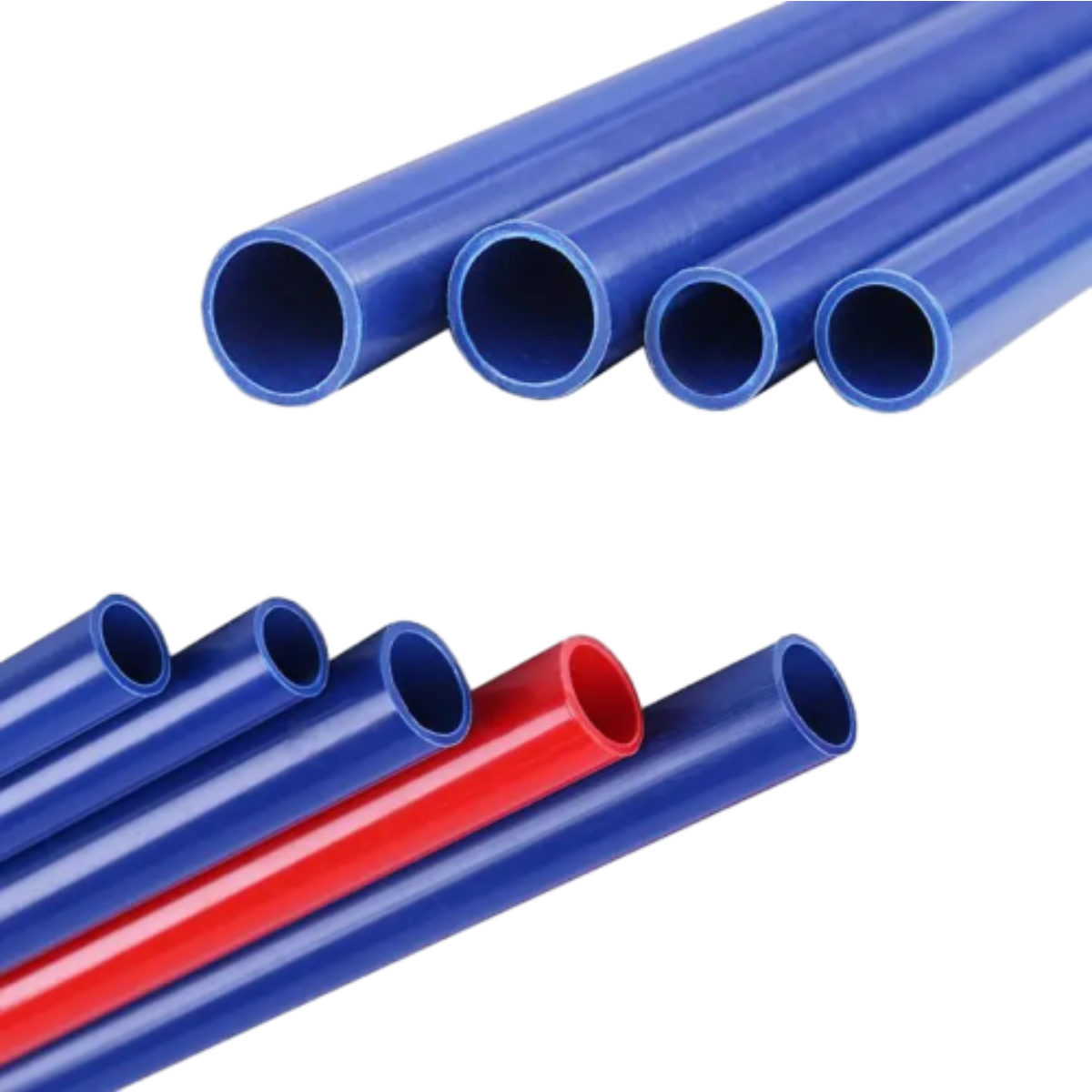Dec . 30, 2024 23:29 Back to list
Wholesale HDPE Couplings for PVC Pipe Connections at Competitive Prices
Wholesale HDPE to PVC Pipe Coupling Understanding the Transition
The world of plumbing and piping systems is ever-evolving, with innovations and advancements continuously optimizing performance and efficiency. One such critical development has been the coupling of different types of pipes, specifically high-density polyethylene (HDPE) to polyvinyl chloride (PVC) pipe coupling. This transition has opened new avenues for construction and plumbing, facilitating better connections, minimizing leaks, and enhancing structural integrity. This article delves into the significance of HDPE to PVC pipe coupling, its benefits, applications, and considerations for wholesale procurement.
Understanding HDPE and PVC
High-density polyethylene (HDPE) is a versatile thermoplastic noted for its high strength-to-density ratio. Its resilience and ability to withstand harsh environmental conditions make it suitable for various applications, including water distribution, waste management, and agricultural irrigation. HDPE pipes are known for their low friction coefficient, lightweight nature, and flexibility, making them easy to transport and install.
On the other hand, polyvinyl chloride (PVC) is a widely used thermoplastic polymer known for its durability, cost-effectiveness, and resistance to corrosion. PVC pipes are commonly employed in residential and commercial plumbing, as well as in drainage and sewage systems. The ability to easily mold and shape PVC makes it a go-to solution for various construction and plumbing projects.
The Need for Coupling
In many construction projects, the need to connect different types of pipes arises. For instance, a project may require the construction of a pipeline where HDPE pipes are used alongside PVC pipes. In such scenarios, an efficient coupling method ensures a seamless connection, maintaining the flow and pressure of the liquids or gases being transported while minimizing the risk of leaks.
Advantages of HDPE to PVC Coupling
1. Seamless Integration Wholesale HDPE to PVC pipe coupling offers an efficient solution for integrating two different piping systems. This seamless transition helps maintain system integrity and minimizes disruptions during installation.
2. Leak Reduction Properly designed couplings contribute significantly to reducing leaks, which can lead to costly repairs and water loss. Coupling systems create a strong seal, ensuring that the connection withstands pressure without any deterioration over time.
3. Versatility These couplings can be used in a wide variety of applications. From municipal water supply systems to industrial pipelines, they prove beneficial in different environments, including those that require chemical resistance or high-temperature resilience.
wholesale hdpe to pvc pipe coupling

4. Cost-effectiveness The procurement of wholesale couplings can significantly reduce overall project costs. By utilizing HDPE to PVC couplings, contractors can save on materials and labor, as the installation process becomes more straightforward and less time-consuming.
5. Durability Both HDPE and PVC are known for their long service life. Couplings designed to connect these materials inherit similar durability, leading to a reduced need for frequent replacements and repairs.
Applications in the Industry
The applications of HDPE to PVC pipe couplings are extensive. In the agricultural sector, they facilitate precise irrigation systems, ensuring the effective delivery of water to crops. In industrial settings, these couplings support efficient waste management by connecting various pipe systems. Moreover, in residential constructions, they play a crucial role in plumbing systems, enabling homeowners to design flexible layouts without compromising on quality.
Considerations for Wholesale Procurement
When considering the wholesale procurement of HDPE to PVC pipe couplings, several factors should be evaluated
- Quality Standards Ensure that the couplings meet industry quality standards for durability and performance. - Compatibility Verify that the couplings are designed specifically for the types of HDPE and PVC pipes being used.
- Supplier Reputation Choose reliable suppliers known for their customer service and product quality.
- Cost vs. Value While cost is an essential factor, the value of the connections, longevity, and overall project performance should also be weighed.
Conclusion
Wholesale HDPE to PVC pipe coupling represents a critical intersection of two versatile and widely used pipe materials. As demands in construction and plumbing grow, the ability to efficiently connect these pipes not only enhances system performance but also opens up new avenues for innovation. By understanding the characteristics, benefits, and considerations surrounding these couplings, contractors and builders can make informed decisions that lead to successful project outcomes.
-
High-Quality PVC Borehole Pipes Durable & Versatile Pipe Solutions
NewsJul.08,2025
-
High-Quality PVC Perforated Pipes for Efficient Drainage Leading Manufacturers & Factories
NewsJul.08,2025
-
High-Quality PVC Borehole Pipes Durable Pipe Solutions by Leading Manufacturer
NewsJul.08,2025
-
High-Quality PVC Borehole Pipes Reliable PVC Pipe Manufacturer Solutions
NewsJul.07,2025
-
High-Quality UPVC Drain Pipes Durable HDPE & Drain Pipe Solutions
NewsJul.07,2025
-
High-Quality Conduit Pipes & HDPE Conduit Fittings Manufacturer Reliable Factory Supply
NewsJul.06,2025

